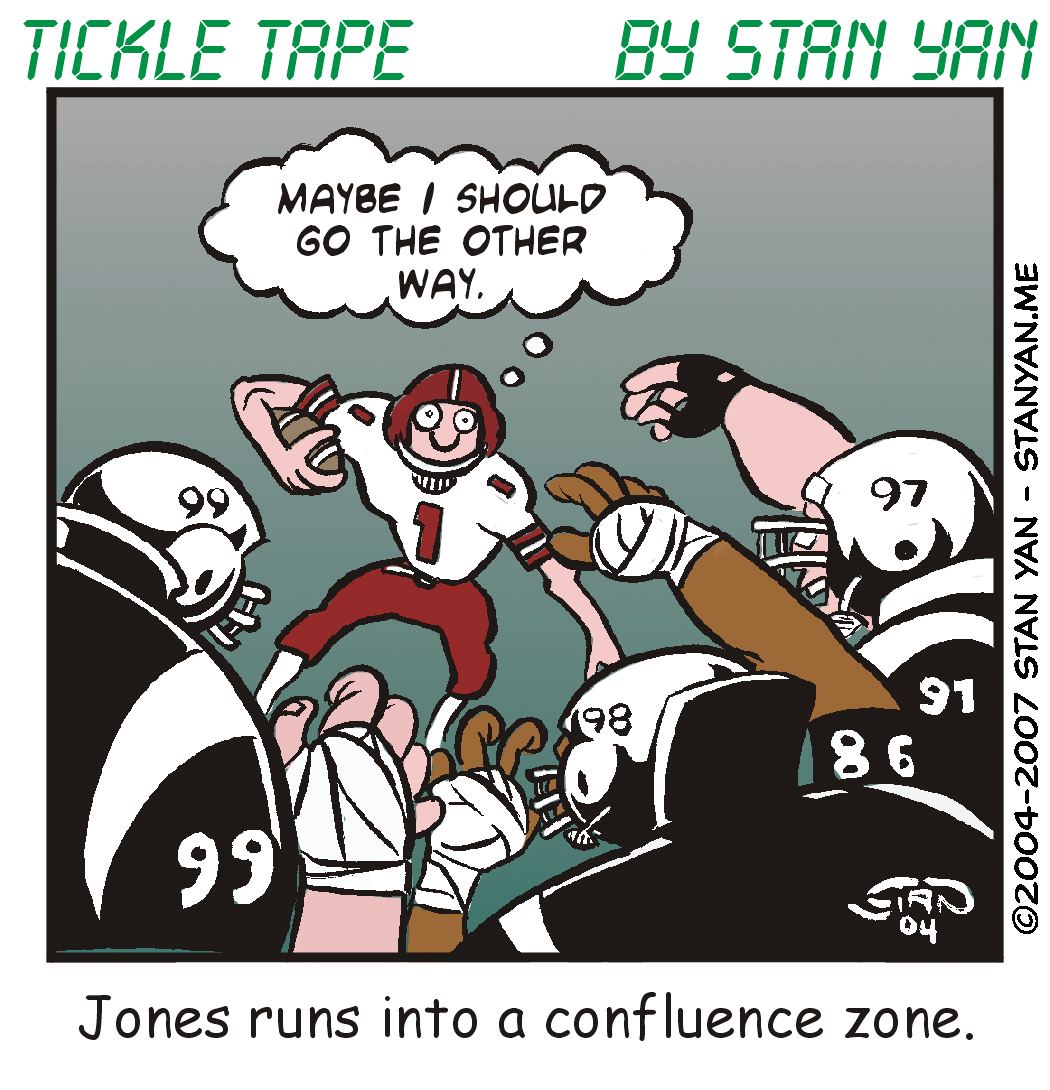Many novice traders are frustrated when they start trading. It’s common to hear a novice trader complain, “I don’t know what’s going wrong. I study the markets every chance I get. I put on trades under ideal market conditions, but I just can’t make a profit overall.” One may wonder if enough time and effort are devoted to trading, however. How much time is actually put in? How many trades are actually made? Answers to these questions are quite subjective. For some novice traders, a couple of hours a day may be all they have available.
At that time, they must monitor the markets, look for ideal stocks to trade, and actually execute trades under optimal conditions. Is this enough time? It depends. If you have a large enough account and don’t need to make very much profit, it will be sufficient. But what if you have a small account, not much time to trade it, and want to make a huge profit? Well, in that case, you may be unrealistic. Successful traders work with a realistic frame of reference. They don’t try to do the impossible.
As with any challenging endeavor, putting in the necessary time and effort to become successful is vital. Most of the time, the main difference between the winners and losers is the time and effort winners put in. Studies have documented that unsuccessful people show two major flaws: they are afraid to accurately monitor how much time and effort they devote to a goal, and they do not have an accurate frame of reference. In other words, they think it’s easier to achieve a goal than it actually is, but they don’t know it. They wrongly think they are putting in enough time and energy even though it is far from adequate.
Trading coaches describe a similar phenomenon among novice traders. Many novice traders treat trading as a hobby rather than a serious business. That’s fine if you view trading as merely recreational gambling, but if you expect to make reasonable profits from your efforts, it is necessary to take things a little more seriously. Trading is a skill, just like a skill that professionals, such as doctors or lawyers, develop. Developing a high level of skill takes time and a heroic effort. It often takes several years to develop the skills of a seasoned professional, and that is also true of trading.
To make profits in a variety of market conditions, you must gain experience with all those conditions. In addition, no trading strategy is foolproof. You must continually develop new strategies and methods and test them out under new conditions. It takes the experience to trade skillfully, flexibly and effortlessly. A hobbyist approach isn’t going to be sufficient to hone such skills.
If you want to move from the status of an amateur hobbyist to that of a master trader, you must have a realistic frame of reference. You must be willing to view the development of your trading skills the same as other professionals go about developing their skills. If you have to work a regular job to pay your expenses, then you need to view your life as working your way through college and graduate school. It means shifting priorities and making a solid commitment to developing your skills. It will require hours of study and training from reputable venues. And it is also essential to be realistic. The “graduation rate” from novice to a seasoned trader is low, and if you want to be one of the rare few who make it, then you must gain as much experience as possible, and make any necessary sacrifices.
So don’t prevent yourself from reaching the status of a master trader. Put in the necessary time and effort. You’ll be rewarded in the end with lasting trading success.


